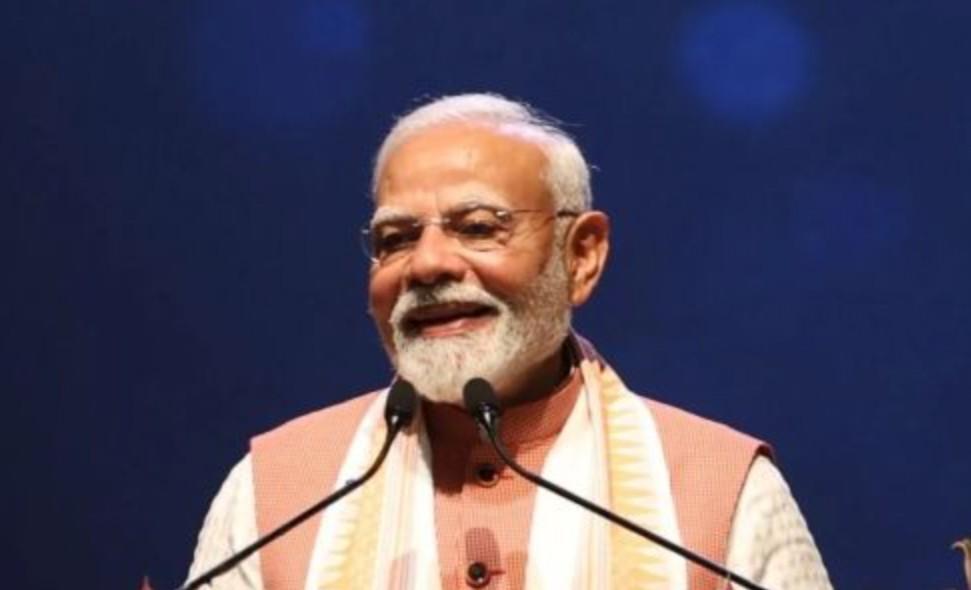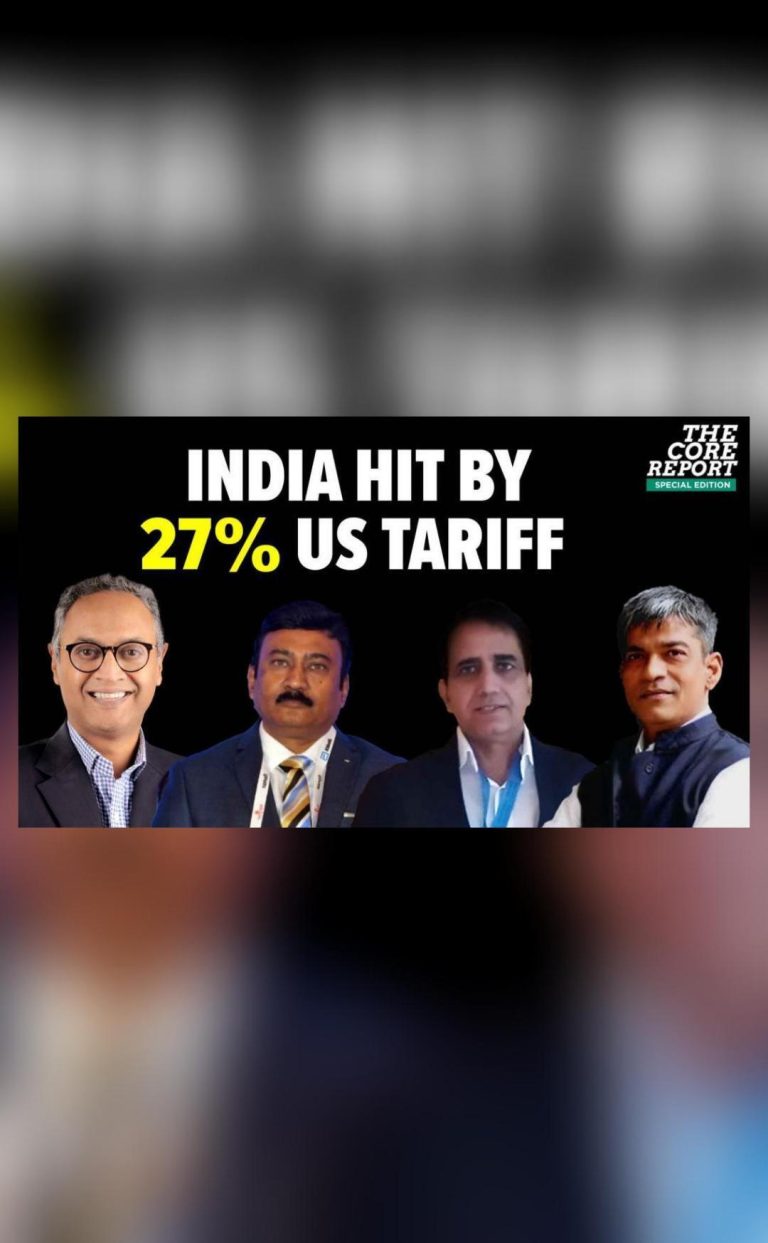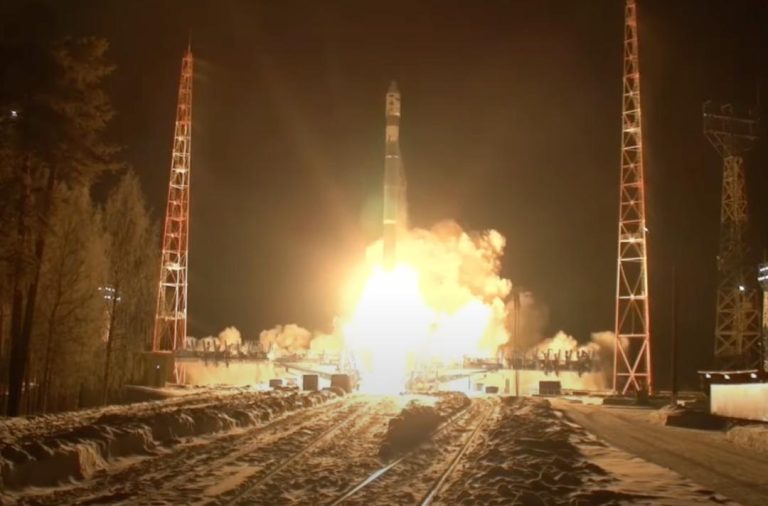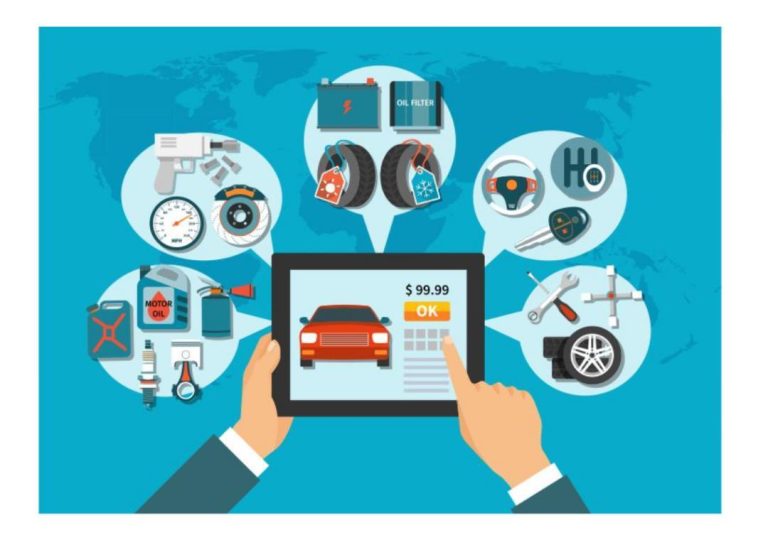
PM Modi offers linking UPI with payment systems of BIMSTEC nations
The 6th BIMSTEC (Bay of Bengal Initiative for Multi-Sectoral Technical and Economic Cooperation) summit held in Bangkok recently saw Prime Minister Narendra Modi propose a groundbreaking idea – linking India’s UPI (Unified Payments Interface) with the payment systems of member countries. This move, if implemented, has the potential to revolutionize trade, industry, and tourism across the region, and beyond.
The BIMSTEC summit, which brought together leaders from eight member countries, including India, Bangladesh, Bhutan, Myanmar, Nepal, Sri Lanka, Thailand, and Afghanistan, aimed to strengthen regional cooperation and enhance economic ties. PM Modi, in his address, emphasized the importance of collaborative efforts in the fight against cybercrime, cybersecurity threats, terrorism, and drug and human trafficking. He also highlighted the potential benefits of linking UPI with the payment systems of BIMSTEC nations.
The proposal to link UPI with the payment systems of BIMSTEC nations is a significant development in the region’s financial landscape. UPI, which was launched in 2016, has been a game-changer in India’s digital payments landscape, enabling seamless transactions between banks and financial institutions. With over 1.25 billion transactions taking place every month, UPI has become a preferred mode of payment for millions of Indians.
By linking UPI with the payment systems of BIMSTEC nations, the Modi government aims to create a seamless and integrated payment ecosystem across the region. This would enable individuals and businesses to make transactions with ease, reducing the need for multiple payment systems and currencies. The move would also facilitate trade and commerce, making it easier for businesses to operate across borders.
The potential benefits of linking UPI with the payment systems of BIMSTEC nations are numerous. For starters, it would increase financial inclusion, enabling more individuals and businesses to access financial services. It would also reduce the cost of transactions, making it more affordable for people to conduct business across borders. Moreover, the move would promote regional trade and commerce, enhancing economic ties between BIMSTEC nations.
In addition to the economic benefits, the proposal to link UPI with the payment systems of BIMSTEC nations has significant implications for cybersecurity and anti-money laundering efforts. A unified payment system would enable better monitoring and tracking of transactions, making it easier to detect and prevent cybercrime and money laundering activities.
The Modi government’s proposal to link UPI with the payment systems of BIMSTEC nations has been widely welcomed by experts and industry leaders. Ramesh Abhishek, the former Secretary, Department of Industrial Policy and Promotion, has hailed the move as a “game-changer” for regional trade and commerce. “This move will reduce the complexity of transactions, making it easier for businesses to operate across borders,” he said.
The BIMSTEC summit, which was attended by leaders from eight member countries, also discussed other key issues, including terrorism, cybersecurity, and drug and human trafficking. PM Modi emphasized the need for collective action to combat these threats, and urged the BIMSTEC nations to work together to address these challenges.
In conclusion, the proposal to link UPI with the payment systems of BIMSTEC nations is a significant development in the region’s financial landscape. The move has the potential to promote regional trade and commerce, increase financial inclusion, and reduce the cost of transactions. It is a testament to the Modi government’s commitment to promoting economic ties between India and its neighboring countries, and its efforts to create a more integrated and connected region.
Source:
https://indianexpress.com/article/world/pm-modi-upi-payment-systems-bimstec-nations-9924224/lite/






